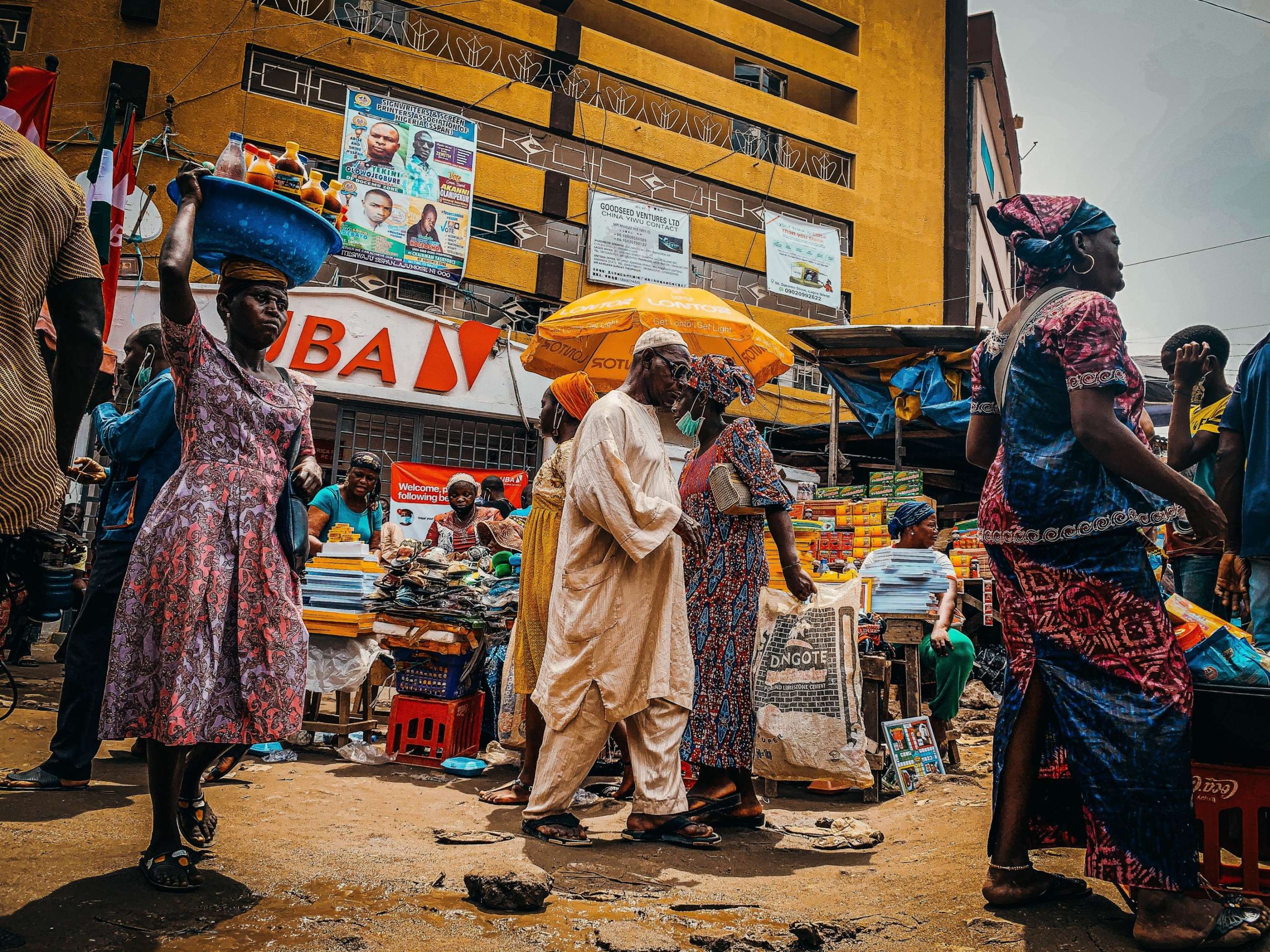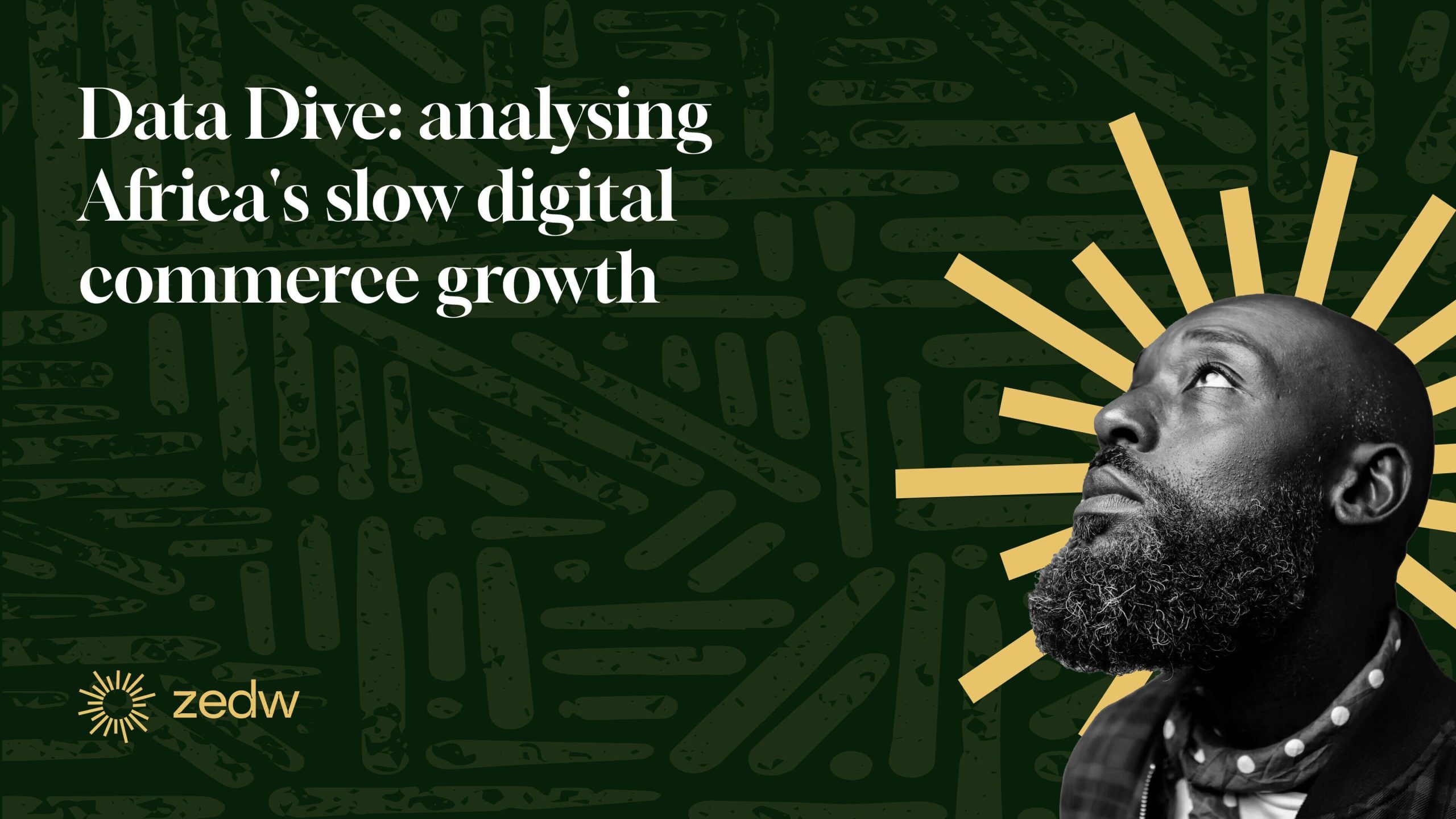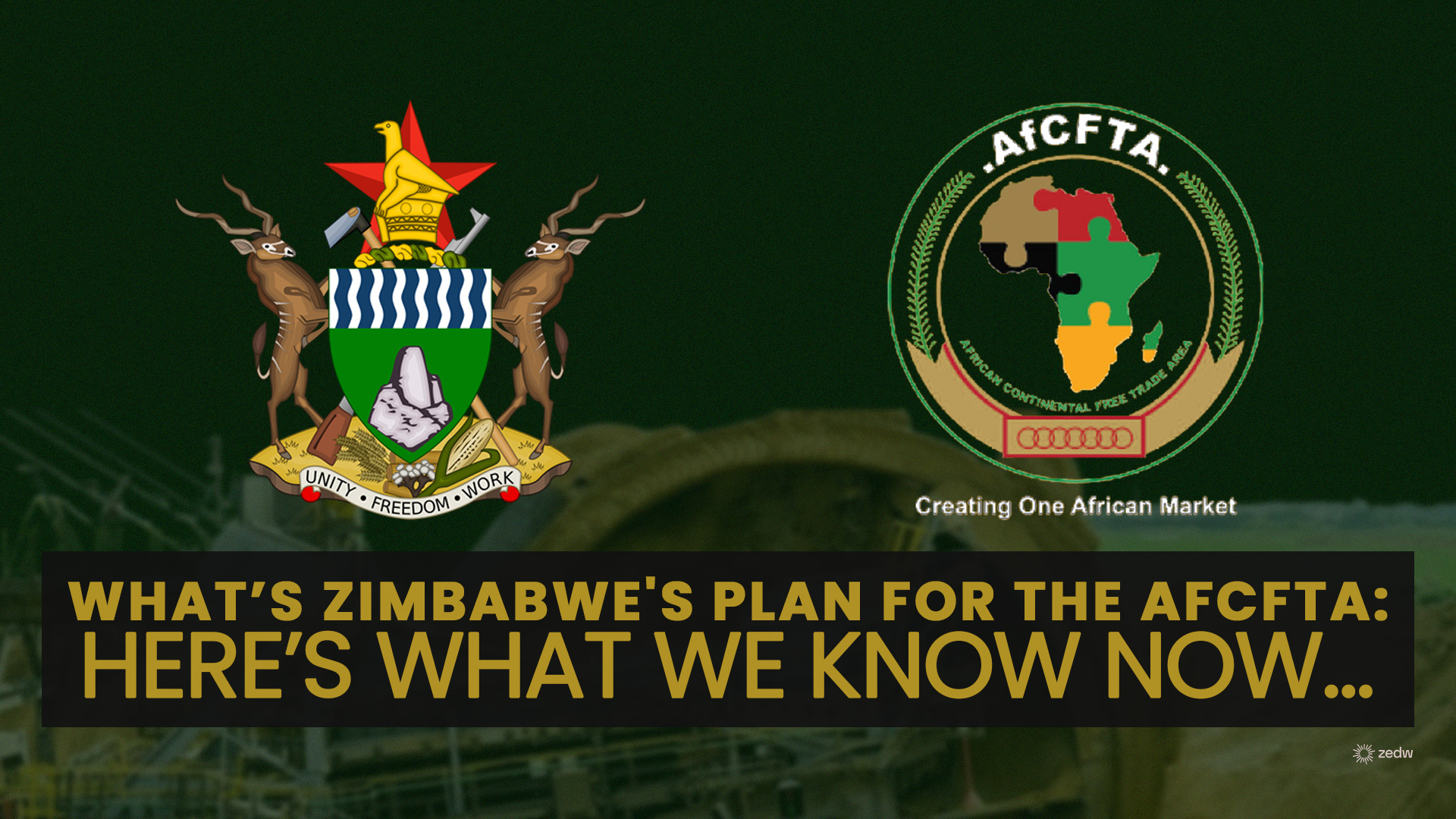The African Continental Free Trade Area AfCFTA Digital Trade Protocol is a crucial talking point among businesses and governments alike. With digital trade expected to drive economic growth in Africa, it’s important to understand what the AfCFTA Digital Trade Protocol could look like and the potential benefits it could bring. In this article, we explore various proposals and scenarios for the Protocol, from economists and different interest groups.
Because of its novelty, everyone wants to get it right, and so many questions arise, from different interest groups. Everyone is looking at how this trade protocol works, and what benefits they can get and also how its going to contribute to the ease of doing business.
The biggest question for tech-based businesses and startups at the moment is what to expect from AfCTA digital protocol. Digital trade will definitely drive economic growth across Africa, and the AfCFTA Digital Trade Protocol can play a crucial role in realising this potential.
A digital trade component of a trade agreement will likely reduce the friction of cross-border digital trade and protect market players, such as businesses and consumers.
The negotiations for a digital protocol to the AfCFTA present a unique opportunity for African countries to establish common positions on e-commerce, harmonise digital economy regulations and leverage the benefits of e-commerce.
What is the current state of internet connectivity in Africa?
Currently, only a handful of countries have the capacity to support a full digital economy. The likes of South Africa and Nigeria to mention are leaders in that regard, with a significant percentage of their population connected to the internet.
The World Bank reports that in 2022, only 36% of Africa’s population had broadband internet access, and only 28% of Africans use the internet.Some countries, including Egypt, Ghana, Kenya, Nigeria, and South Africa, have managed the transition to digital faster than others and either have or are rapidly developing the appropriate infrastructure and relevant policy frameworks to deliver a sophisticated electronic payments system, McKinsey’s report notes.
Fie-Consult in their report noted that the continent’s e-commerce development remains stunted as a result of the continent’s weak digital economy which limits cross border digital trade. 94% of the e-commerce transactions in Africa are accounted for by only 10 countries due to marketplace structures that are domesticated and country focused. The digital economy is also marred with challenges such as complicated taxation and digital trust issues.
As African countries look to promote trade within the continent, the Electronically Transmitted (ET) exports have become a crucial component . According to a the Supporting Economic Transformation report , five countries- South Africa, Mozambique, Kenya, Tanzania, and Mauritius- lead the way in driving intra-African exports of potentially digitizable products. Interestingly, South Africa spearheads the list by accounting for 46% of total intra-African exports and 31% of intra-African ET imports. The report also highlighted that Rwanda, Mauritius, Namibia, Burundi, Togo, Zambia, Ghana, Zimbabwe, and Eswatini highly depend on intra-African trade for ET products. As much as 70% of their exports of digitizable products fall within the African market.
The, conclusion, is that digital connectivity in Africa is still relatively low, with only a small percentage of the population having access to broadband internet. However this does not mean that digital does not make up an important part of the intra African trade, it should still be pursued albeit with the digital divide in mind.
Defining digital Trade
Digital trade is defined as involving products ordered digitally but delivered physically through online marketplaces (e.g. ordering a book from Amazon) as well as products that are wholly electronically delivered (e.g. buying an e-book) – that is, electronically transmitted or ET products.
In the African context, e-commerce is identified as digitally-enabled transactions of trade in goods and services that are physically delivered within individual economies. E-commerce in Africa is often focused on business-to-consumers transactions. The International Trade Centre in 2020 identified about 630 B2C e-commerce marketplaces operating on the continent.
What could it possibly look like and what can be borrowed from existing protocols?
The EU, which first developed digital protocol in 2008, identified some of the areas which need to be covered by such agreements.
The AFCTA will probably or should benchmark themselves against these, but alsontaking into context the state of digitalization and digital trade in Africa.
Core elements of the EU approach to digital trade include:
- no customs duties on electronic transmissions
- data flows and the prohibition of data localisation requirements
- consumer protection and protection against unsolicited direct marketing communications
- provisions regarding the conclusion of contracts by electronic means and e-signatures
- protection of software source code
- cooperation and regulatory dialogue
Modelling the digital protocol can be quite problematic when you take into account the issues such as such as consumer protection, data protection, intellectual property rights, competition policy and tax-related issues, among others. It becomes even more complex given the digital divide and how different countries are at different levels when it comes to digitalization. So any law/ agreement will have different implications for different countries, which could prove to be problematic.
The digital protocol will be incomplete if it doesn’t address issues outlined in the paragraph below. This is how other protocols are structured, along three main areas.
The first area we picked up from the reports on digital protocols was market access which includes things like customs duties, how digital products are treated, cross-border information flow, and electronic delivery of services. The second category is rules and regulations such as protecting consumers, safeguarding personal information, and setting up frameworks for domestic electronic transactions. The third area is facilitation which involves things like paperless trade administration, cooperation, transparency, and electronic authentication.
The AfCFTA e-commerce protocol could consider the aspect of the enforcement of data protection, which is considered to be fragmented across the continent, as the SET report noted. Some countries, such as Morocco, Nigeria and Tunisia, do not provide for notification of breaches in their laws; others, such as Botswana, Equatorial Guinea, Kenya, Madagascar, Seychelles and Uganda, have not yet to set up a data protection authority (DPA). The protocol could facilitate the creation of regional DPAs, which would pool resources to address the challenges of independence, financial constraints, institutional capacity and others.
It’s important for the AFCFTA protocol to prioritize data protection in order to safeguard sensitive information and intellectual property. The SET found that only around 23% of South to South trade agreements have a provision on data protection, mostly relating to personal data or privacy. Surprisingly, less than 2% of these agreements are legally binding. Although there are many “best effort” commitments, there’s still much work to be done. In addition, only a small percentage of south to south trade agreements with e-commerce chapters contain provisions on free cross-border data flows or banning data localization requirements. Out of those agreements, only 12% offer free cross-border data flows, while only 8% have provisions that limit state requirements for local data storage and processing. The implication is that this could potentially impact the ability of businesses to securely storeand transmit their data across borderd
The primary outcome of a digital trade protocol for the AfCFTA should be a conducive business environment for digital trade, with minimum trade barriers within or between countries. The components of a digital trade agreement that contribute to this are:
- the absence of duties on cross-border digital trade,
- adoption of common electronic authentication and e-trust mechanisms and technologies,
- protection of source code,
- disallowance of prior authorisation of foreign suppliers to operate[3],
- disallowance of data localisation (with specific, limited exceptions) and;
- the disallowance of restrictions on cross-border data flows for protectionist reasons.
Proponents of the idea of an inclusive digital trade protocol note that a digital trade protocol for the AfCFTA must prioritize creating an optimal environment for digital trade by reducing trade barriers both within and between countries. To achieve this, we need to consider some key components of a digital trade agreement, such as eliminating duties on cross-border digital trade, adopting common electronic authentication and e-trust mechanisms and technologies, protecting source code, and avoiding prior authorisation of foreign suppliers to operate.
Additionally, data localisation should generally be discouraged (with some specific exceptions), and we should avoid imposing restrictions on cross-border data flows for protectionist reasons. Ultimately, our goal should be to foster a healthy, vibrant digital economy in the AfCFTA region, and these policy measures can help us achieve that goal.
While digital connectivity in Africa remains relatively low, the Electronically Transmitted (ET) exports have become a crucial component of intra-African trade. As African countries look to promote trade within their continent, the AfCFTA Digital Trade Protocol can play a vital role in establishing common positions on e-commerce, harmonising digital economy regulations, and leveraging the benefits of e-commerce. However, to achieve optimal business environments for digital trade, key components such as electronic authentication and e-trust mechanisms, disallowance of duties on cross-border digital trade, and protection of source code should be prioritised. By doing so, we can foster a healthy, vibrant digital economy in the AfCFTA region.
Cover Image Credit: Richard Badejo via Pexels








